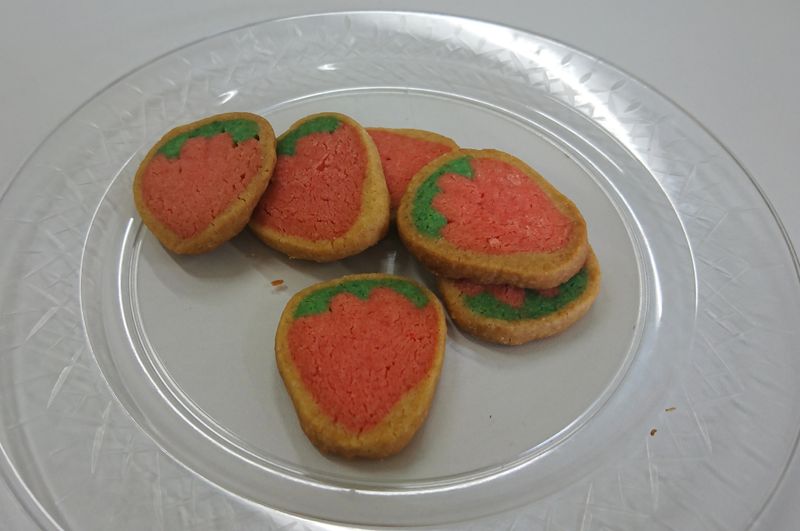Mar 16, 2019
The Curse of ‘Joshiryoku’
One of the things in Japan that really gets on the nerves is whenever someone mentions joshiryoku, or “the girl power/ability”.
Sometimes my colleague would see me doing something that I just do, and they would say, “Oh wow, your joshiryoku is really high!”. It is like someone telling me, “Oh wow, you are a real girl!”
In fact, I am never doing anything particularly spectacular! For example, I tried making a Japanese homemade bento and brought it to work, something that millions of people do every day, and it was quite a disaster by Japanese society’s standards. But because I sliced up some cucumbers for decorations, I got my colleagues gathered praising me for my “girl ability”.
Why was that so important, and what is this whole “joshiryoku” concept reinforcing?
The more I thought about it, the more often I started to recognize it being used. I realized that it is simply the construction of a gender stereotype and their expected roles.
The “joshiryoku” I was praised for was for me making my own lunch, but in a more “delicate” and “decorative” way than “what men would do with their bento” (toss everything into one big bowl).
If some young female colleague bakes something and brings it in to share, they get complimented for their “girl ability” as well, and it adds to the idea that if you can’t bake, then you have low ability as a girl. Which means? Girls SHOULD know how to bake.

It is not just baking, but also cooking, cleaning, decorating, folding clothes, sewing, putting on make-up, bowing slightly with a bright smile as you greet someone else, doing something related to flowers… let me know what else you can think of. I am sure the list can go on and on.
They may have traditionally been female roles or images, but I thought that the world has been moving on from that, or at least is trying to. So to see the whole country of Japan still loving and using the idea of “girl ability” on a daily basis is disappointing.
I realized that it is similar to the English phrase,“wife material!”.
If someone is good at cleaning and cooking, and you hear someone make a comment, “Wow! She is a good wife material”, this kind of comment would not be appropriate. Cleaning and cooking is not necessarily the wife’s job, and a person is not “material”.
However, I find this “joshiryoku” comment to have very similar effect in Japan, and it is widely used and accepted because I find that most Japanese people I know have accepted the stereotype. In magazines targeting young female readership, you would often find tag lines like, “How to improve your joshiryoku” or “Top 5 ways to show off your joshiryoku”. These all just come to say that girls need to be girls and deviating from the typically “girly” image or not being able to do “girly” things would make you less of a girl, which is something you are born into.
And in reality, who cares if a girl can’t bake well? That’s what bakeries are for.
Sometimes they use this term when a man does something “girly”, particularly baking something. They use it as a compliment and in a society like Japan where a lot of men are rather “feminine”, a lot of men accept the compliment. I suppose that in western culture if someone was to make a comment to a man, “Wow! You have really high girl power”, they would find it offensive. Western culture still has phrases like, “You throw like a girl”, “Don’t be a b----/p----” that indicates being female as being weak. In that sense, I guess Japan is more forward thinking in that men can accept having a strong “female” trait is a compliment…?
Nowadays, when someone comments, “Your girl ability is very high” to me, I reply with, “Thanks, but I don’t actually enjoy doing it”. It often results in utter confusion of the other person probably thinking and not vocalizing their thought of, “Wait… but, you ARE a girl…”.



0 Comments